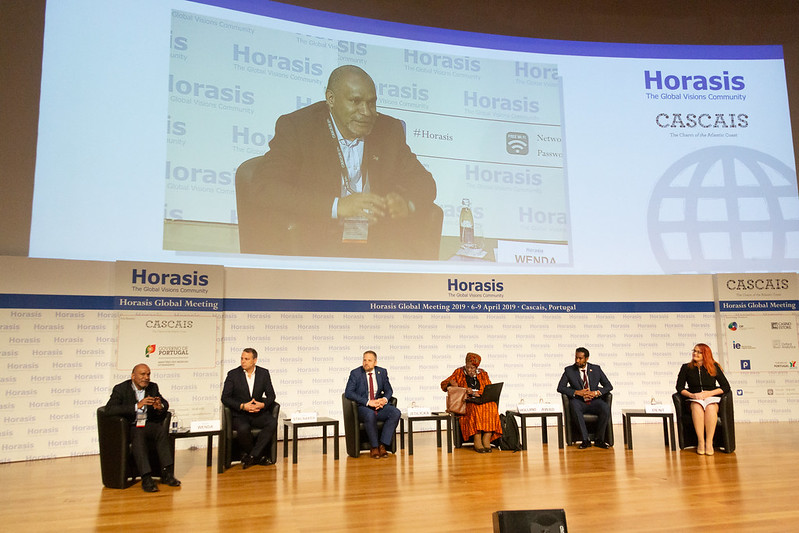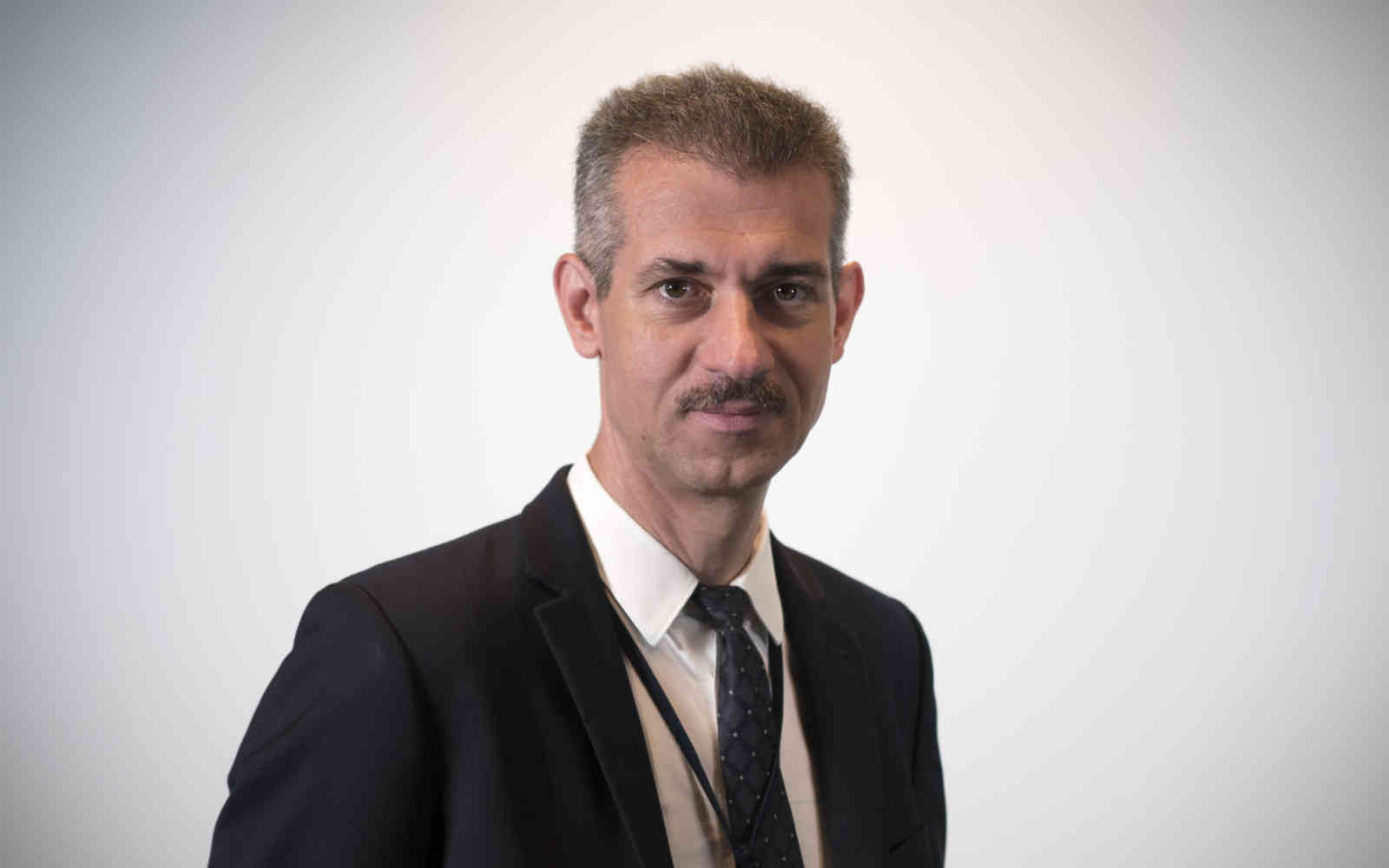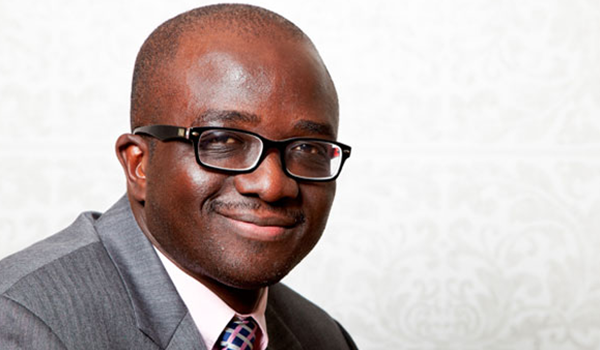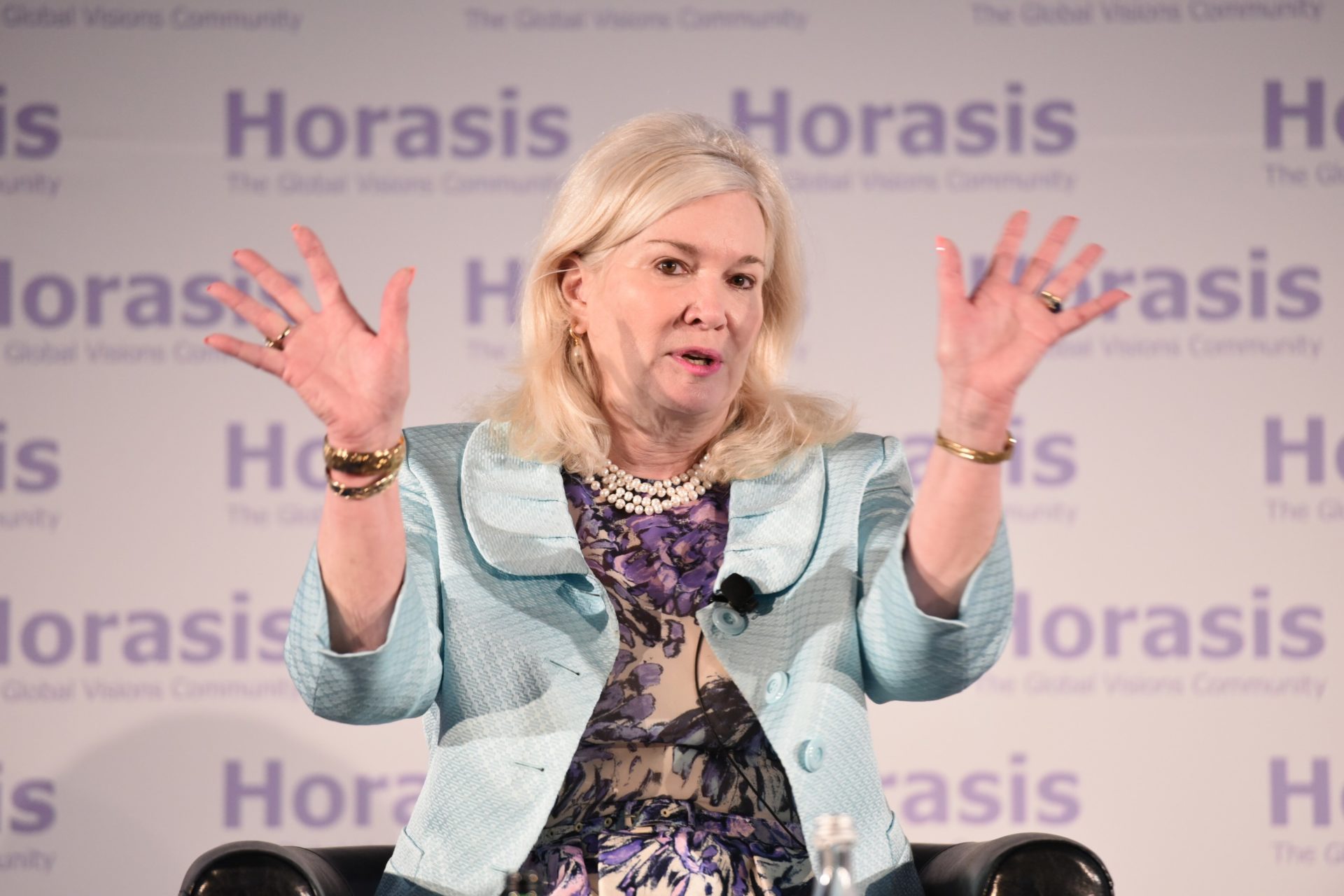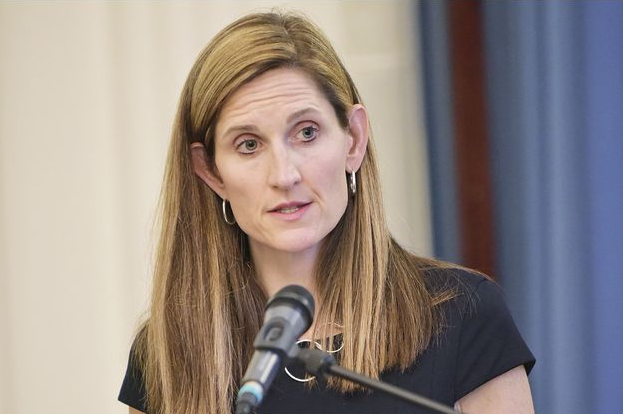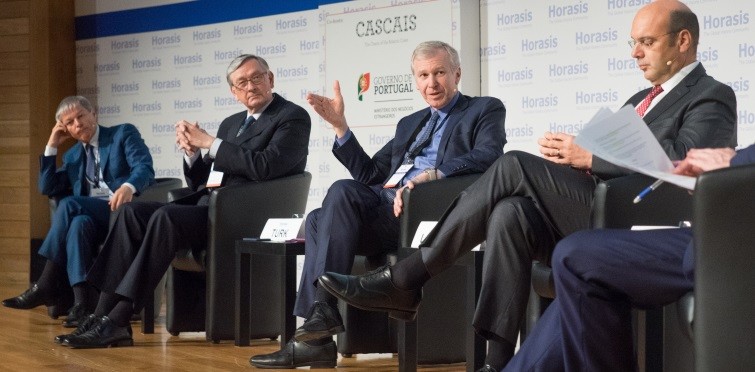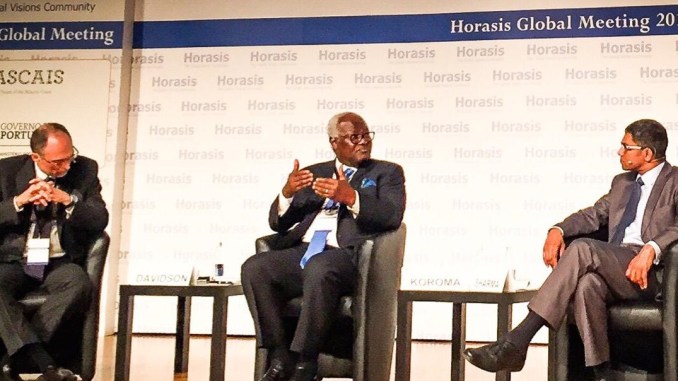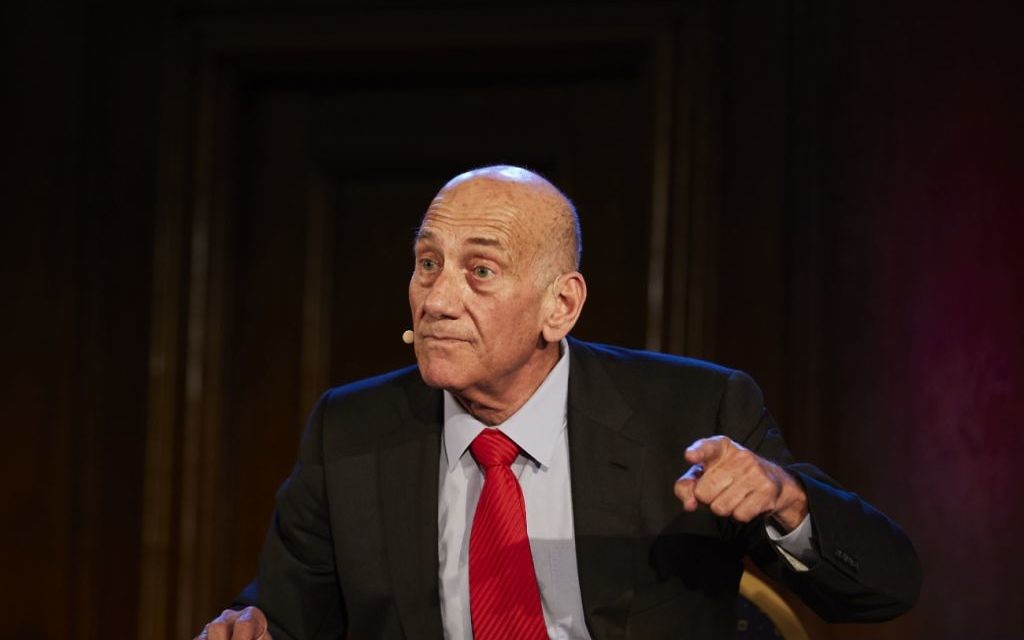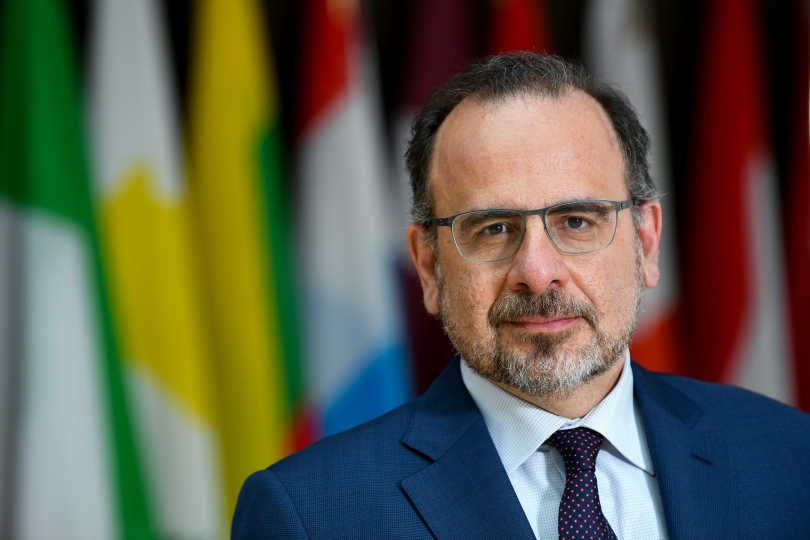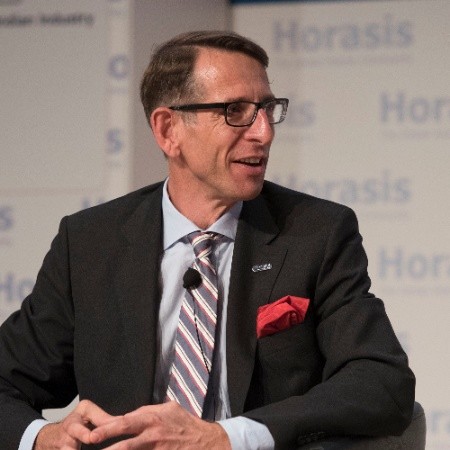In the midst of a global pandemic and facing down a potential recession which could trigger the largest government bailout in modern history, citizens are looking to their leaders more than ever for guidance and assurance.
World leaders associated with the Horasis Global Visions Community, a Swiss think tank, have signed a declaration calling on public and private sector leaders to adhere to a more “principled form of leadership” during these times of disruption.
The growing list of world leaders who have signed the declaration include those in the photo gallery below:
- Vitaly Vanshelboim, Assistant Secretary-General, United Nations. Credit: UNOPS
- Ibrahima Guimba-Saidou, Minister and Special Advisor to the President of Niger. Credit: guimbasaidou.com
- Deborah Wince-Smith, President, United States Council on Competitiveness. Credit: Horasis.org
- Valerie Rockefeller, Chair, Rockefeller Brothers Fund. Credit: thebigsmoke.com.au
- Jonathan T. M. Reckford, CEO, Habitat for Humanity International. Credit: Twitter
- Princess Märtha Louise of Norway. Credit: Horasis.org
- Yves Leterme, Former Prime Minister of Belgium. Credit: Horasis.org
- Ernest Bai Koroma, Former President of Sierra Leone. Credit: Horasis.org
- Ehud Olmert, Former Prime Minister, Israel. Credit: Times of Israel
- Luca Jahier, President, European Economic and Social Committee, European Union. Credit: frh-europe.org
- Dr. Frank-Jürgen Richter
The “Horasis Declaration: Our Commitment to Principled Leadership in Times of Disruption,” defines “principled leadership” as the “alignment of a leader’s behavior with the values the organization outlines for itself.”
Leaders have committed to, among other things, foregoing short-term, personal gains in favor of long-term benefits for humankind, more collaboration amongst societies and between the public and private sectors, and running their governments and organizations with “openness, transparency, honesty, humility, and trust in others.”
The declaration comes at a poignant moment.
Throughout history, in times of dire economic and social uncertainty, despots and dictators have arisen to prey on fear and insecurity in society.
Perhaps the most famous modern example was in 1933, during the height of Germany’s economic turmoil after WWI, Adolf Hitler was elected Chancellor of Germany, leading to a dictatorship that thrust the world into a second world war.
With the recent trend of populist heads of government taking power again in Western society, leaders who commit to a more principled form of leadership are a welcome sight, to help ensure the continuation of democratic principles and liberties.
Frank-Jürgen Richter on jointly inspiring our future ahead of Horasis Global Meeting: interview



